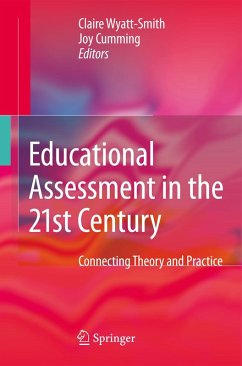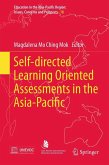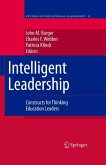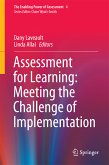With the field of assessment a key focus for research the world over, the traditional issues of the topic, such as validity and reliability, have been joined by a host of other issues all pressing for attention. These include: the value of testing for international benchmarking and public reporting; taking account of cultural and social diversity; new modes of testing and assessment; technological innovation; the issue of what counts as authentic assessment; and inclusion and disability issues in assessment.
In their preface, the editors argue that in a post-modern world changes in the nature of work, globalization, the information revolution and today's social challenges will all impact on educational priorities, and thus will require new modes of assessment. As our faith in the sciences to solve our problems erodes, we also recognize that the educational assessment cannot be an exact science either; that the involvement of human beings in every aspect of its design, execution and use makes it irrevocably a social project and thus subject to all the vagaries that any kind of human activity implies. This has led to the beginnings of a more humanistic approach to assessment.
As this book makes clear, the challenge for assessment in the 21st century will be to reflect these newly emerging educational priorities. Assessment procedures will be needed that support the next generation in acquiring the skills and values they will need to manage emerging global challenges, skills such as teamwork, problem-solving and the ability to manage one's ownlearning. The contributors here offer hope, suggesting that after more than a century of modernist-inspired educational assessment practices inimical to the issues of utility, fairness, flexibility and relevance, we may well be standing at the threshold of significant change.
Dieser Download kann aus rechtlichen Gründen nur mit Rechnungsadresse in A, B, BG, CY, CZ, D, DK, EW, E, FIN, F, GR, HR, H, IRL, I, LT, L, LR, M, NL, PL, P, R, S, SLO, SK ausgeliefert werden.









